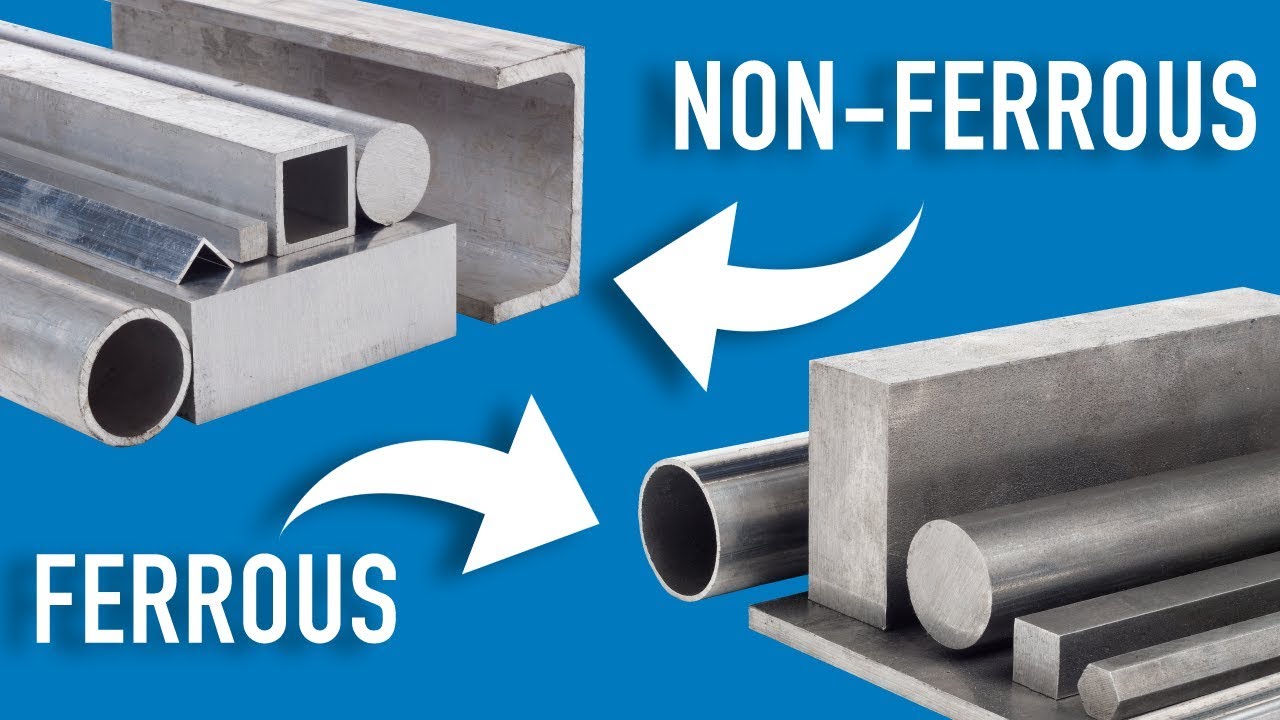A Comprehensive Guide to Gravity Metal Detectors
An Effective Quality Control Measure for Your Production
Metal detectors are product inspection machines that maintain quality control by detecting small pieces of metal in loose products such as grains, cereals, animal foods, and more. This specific type, a gravity metal detector, also known as a vertical fall detector, is typically used in a packaging or processing line to check products as they move through production. They use gravity to pass powder or granular product through the metal detector head without touching the product. If metal is discovered in a product while moving through the metal detector, the reject valve will open and the faulty product will be removed from the production line.
This gravity metal detector guide will cover everything you need to know about this equipment and how it’s involved in the product inspection of your production. We will be covering:
- Where a metal detector fits into a production line
- Metal detector standards
- Recommended manufacturers
- How to transport a metal detector
- Setting up a metal detector
Where a metal detector fits into the production line
If you look at your production line as a detective story, your gravity metal detector should always be working to solve the case by finding any errors in products. A common mistake customers run into, is incorporating a metal detector into the end of their line. These machines should be working as detective devices throughout the entire process, not just at the end. A production line should have multiple metal detectors at different stages in the packaging process so that if there is an error in operations, the problem can be rectified efficiently and quickly.
Metal detector standards
To save you time and money, invalid materials should be detected in your products before they are completed. The most common materials your metal detector will find are ferrous, nonferrous, and stainless steel. Detecting these will help avoid mass amounts of recalled materials, which will not only cost you to resolve, but can damage your brand and your company.
- Ferrous materials - conductive iron, are usually magnetic and more prone to rust
- Nonferrous materials - aluminum, copper, nickel, tin, brass, zinc
- Stainless steel materials - primary metal in processing

Source: Metal Supermarkets
When working in production, especially food production, strict quality control standards must be followed. Having a metal detector in your production will help you maintain compliance with a variety of standards including:
- HACCP (Hazard Analysis Critical Control Point)
- GFSI (The Global Food Safety Initiative)
- BRC (British Retail Consortium)
- IFS (International Featured Standards) (IFS Food 6.1 standard for loose food products most applicable here)
Different types of rejects
The purpose of a reject is to divert the bad product and the bad piece of metal to the side so that the operator or technician can remove it from the production line and diagnose where the problem came from. Three common types of rejects you will see are,
- Y valve - for powder and fine granular products
- Open diverter- for non-dusty, granular products
- Seal tight for - high-value, dusty products
Industries that use gravity metal detectors
Industries where you might find a gravity metal detector would be dried foods that work with products such as cereal, grains, nuts, beans, rice flour, sugar, etc. Another industry is confectionary, including products like candies, chocolates, sweets, gums, and hard and chewy candies. This machine can be used for any small compact product that can drop through a metal detector, meaning it is not best suited for easily breakable or large products.
Recommended manufacturers
- Loma
- Fortress
- Mettler Toledo
How to transport a metal detector
Metal detectors are extremely sensitive and precise instruments and should be handled with care while being transported. We have put together an informational video on how to properly block and brace a metal detector for transportation. These machines are not something you want to throw in a truck and send off, they need to be secure to avoid damages and keep them in working order.
Setting up a metal detector
Since these are such precise instruments, they need to be calibrated and set up specifically to meet industry safety standards, mandates, and consumer demands for product safety. To learn more about this process, visit our guide here.
Summary
By incorporating your production line’s own personal detective, your product should always come out containing exactly the right materials with no room for error. Gravity metal detectors are accurate machines that will help keep your production running efficiently and quickly by detecting any faulty products and removing them so that the root of the problem can be identified. This is a must-have when working with loose items, especially in the food industry.
To begin protecting your products and customer base from unwanted metals, view our selection of gravity metal detectors. Or if you have a metal detector that’s not currently in use, we can help you sell that too.
Looking to Buy Looking to Sell

